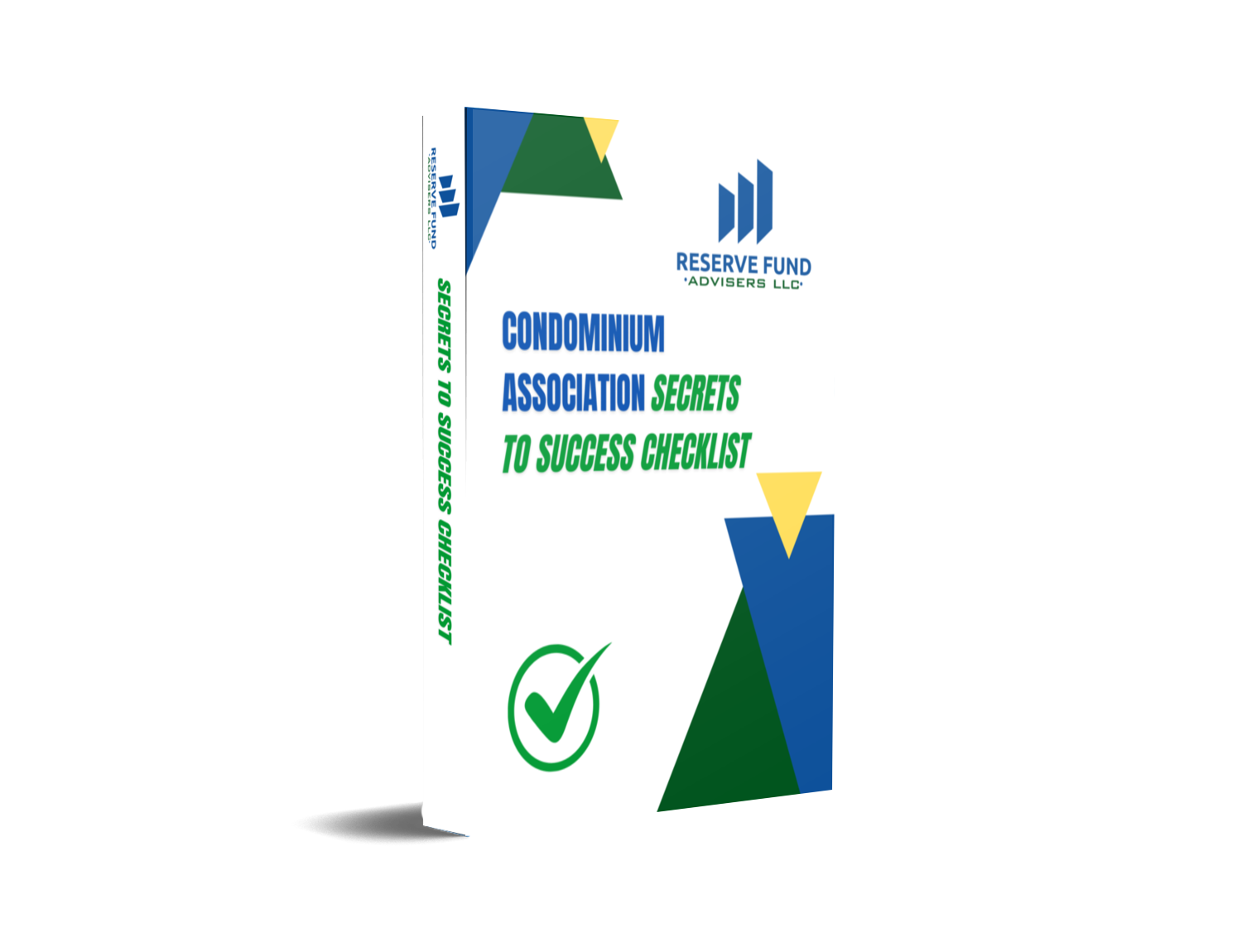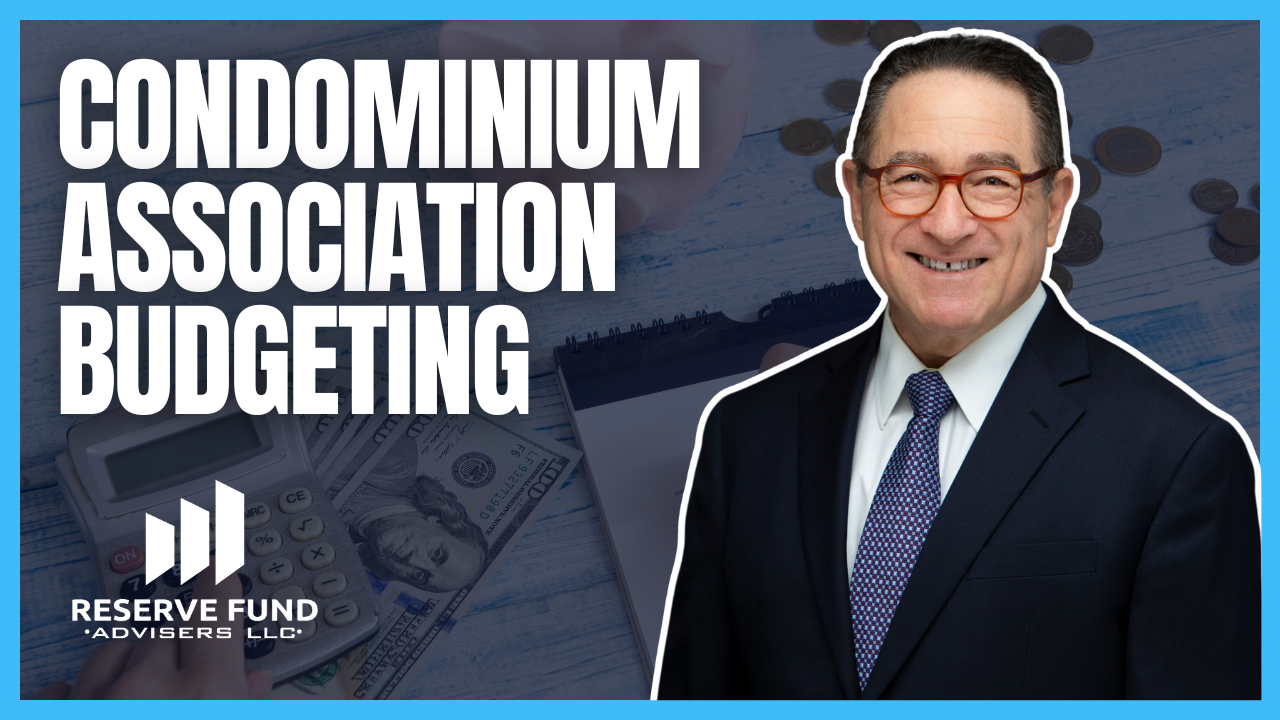Introduction
Budgeting is a concept that resonates with everyone, regardless of their financial acumen. Some view it as a safety net for unforeseen circumstances, while others see it as a roadmap to achieving financial goals. For those living in condominium associations, budgeting takes on a unique significance. In this article, we’ll delve into the intricacies of budgeting within a condominium association, exploring the different fund categories, your role as a homeowner, and the importance of a sound budgeting process.
Meet Lewis Orloff: Your Guide to Condo Budgeting
Lewis Orloff, the managing partner of Reserve Fund Advisors, is a name that rings true in the world of condominium budgeting. With a specialized focus on helping condominiums make informed investment decisions, Orloff sheds light on the essential aspects of budgeting within these unique communities.
Understanding Condo Budgeting: The Three Fund Categories
A condominium association operates with three primary buckets of funds, each serving distinct purposes:
1. Operating Fund: This fund covers day-to-day operational expenses, such as maintaining common areas, landscaping, and utility bills for shared spaces. It ensures that the condominium complex remains functional and well-maintained for residents.
2. Reserve Fund Budget: The reserve fund is a critical component of condo budgeting. It’s a savings account that’s specifically earmarked for future replacements and major maintenance projects. Think of it as setting aside money for inevitable wear-and-tear, such as roof replacements, driveway repairs, and balcony maintenance.
3. Structural Integrity Reserve Fund: As a subset of the reserve fund, this category focuses on larger-scale structural improvements and repairs, ensuring the long-term viability and safety of the condominium complex.
Balancing Act: Allocating Funds Between Operating Expenses and Reserves
A well-managed condominium association allocates funds judiciously between operating expenses and reserve funds. Typically, around 30% to 40% of your total monthly fee is set aside for the reserve fund, while the remaining balance is allocated towards covering operational costs. This division ensures that ongoing maintenance needs are met while also securing funds for future large-scale repairs and replacements.
Your Voice Matters: Homeowner Participation in the Budgeting Process
As a homeowner in a condominium association, your opinion holds weight in shaping budgetary decisions. Regular board meetings serve as a platform for discussions about budget allocation, upcoming projects, and financial strategies. Attending these meetings allows you to contribute your insights, ask pertinent questions, and gain a deeper understanding of how your money is being utilized.
Exercising Common Sense: The Importance of Asking Questions
While you don’t need to be a financial expert, employing common sense and asking simple questions can yield valuable insights into your association’s financial decisions. For instance, if your personal utility bills have been steadily increasing, but the association’s charges have spiked dramatically, it’s worth investigating the reasons behind this disparity. By raising such questions, you ensure transparency and accountability within your community.
Upholding Fiduciary Duty: Your Association’s Responsibility
Condo associations have a fiduciary duty to act in the best interests of homeowners. This means they are obligated to manage funds prudently, similar to how homeowners would manage their personal finances. Holding the board accountable for aligning their decisions with this fiduciary duty ensures that your money is spent judiciously and with a focus on your community’s well-being.
Empowering Homeowners: Making Budgeting Work for You
In essence, your role as a homeowner within a condominium association goes beyond merely paying monthly fees. You have the power to influence the budgeting process, advocate for responsible financial decisions, and ultimately shape the future of your community. By engaging actively in meetings, asking relevant questions, and ensuring that funds are allocated appropriately, you contribute to a thriving and financially resilient condominium association.
Conclusion
Budgeting within a condominium association involves a delicate balance between meeting present needs and securing a stable future. With Lewis Orloff’s insights as your guide, you can navigate the intricacies of condo budgeting, understanding the significance of operating funds, reserve funds, and structural integrity reserves. Your involvement as a homeowner is pivotal in upholding transparency, accountability, and prudent financial management. By actively participating in the budgeting process, you harness the power to ensure your association’s funds are working diligently for the betterment of your community.
Get our Condominium Associations Secrets to Success Checklist below:
Just like a treehouse needs a strong foundation, your community requires diligent planning and care to maintain its value and longevity.
Ensure a Secure Future for Your Property, and discover the secrets to success for safeguarding your property’s future:
This checklist covers:
- How to embrace active planning
- Prioritizing Timely Maintenance
- The importance of holding your association to its fiduciary duty
- & more


